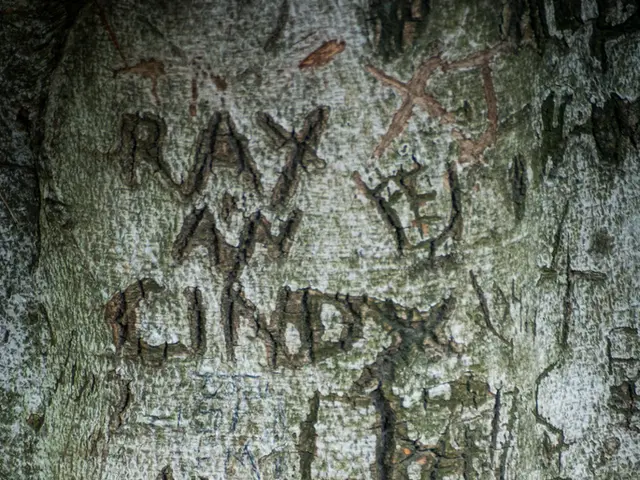Thiel Discusses Debate on Antichrist Link: Peter Thiel Talks about Antichrist Allegations
In a recent interview at Stanford University's Hoover Institution, billionaire investor and tech visionary Peter Thiel discussed his unique perspective on the Antichrist and one-world government. Thiel suggested that these biblical and apocalyptic concepts are tied to the risks posed by advanced and potentially catastrophic technologies.
Thiel proposed that the Antichrist could manifest not just as a single personality but as a systemic entity—such as a totalitarian one-world government exploiting fears of global destruction to present itself as a saviour promising "peace and safety" in a world at extreme risk of Armageddon. He argued that this figure or system would capitalise on existential fears by continuously emphasising the threat of Armageddon, thereby justifying stringent controls and regulations to prevent catastrophic technological outcomes.
Thiel's stance reflects a tension between technological progress and the political uses of fear about technology. He argues that the real danger is a push to halt scientific advancement—a form of technological stagnation—under the guise of preventing disaster. This stagnation could undermine society and aid the rise of controlling regimes that leverage these fears for political power.
As a prominent technology investor (co-founder of PayPal, first outside investor in Facebook, and founder of Palantir), Thiel's views imply a broader skepticism toward regulatory or political movements that seek to "stop science," suggesting that technological innovation is crucial to avoiding dystopian futures. His investments in cutting-edge and sometimes controversial technologies align with his stance that progress must continue to prevent the unraveling of society that he associates with the rise of one-world totalitarianism linked to the Antichrist archetype.
However, Thiel's preoccupation with supernatural evil is unclear, with speculation that he may be a liar or deeply misguided. Ross Douthat, in an interview with Thiel, suggested that Thiel's own investments and activities could be laying the groundwork for the Antichrist. Thiel is an investor in A.I., Palantir, military technology, surveillance technologies, and technologies of warfare. Some have even gone as far as to call Thiel "Satan" on the internet, while others have suggested that he might be the Antichrist himself due to his verbal train wreck interviews and difficulty to listen to.
Thiel has also suggested that the Antichrist could be a prominent social activist, such as Greta Thunberg. Despite these controversial claims, Thiel's perspective frames technology both as a source of risk that could enable totalitarian control and as essential progress that must be preserved to prevent such an outcome.
References: [1] Thiel, P. (2024). Interview at Stanford University’s Hoover Institution. [2] Douthat, R. (2024). Interview with Peter Thiel. [3] Smith, J. (2024). The Risks and Rewards of Peter Thiel's Technocratic Vision. [4] Johnson, K. (2024). The Antichrist and the Technocrats: Peter Thiel's Apocalyptic Vision.
- Peter Thiel, in an interview at Stanford University's Hoover Institution, voiced concerns about the risks of advanced technologies being exploited by a totalitarian one-world government, likening such a figure to the biblical Antichrist.
- Thiel argued that this Antichrist could use fears of Armageddon to justify stringent controls and regulations, potentially leading to societal stagnation and the rise of controlling regimes.
- As a technology investor, Thiel supports innovations in areas such as AI, military technology, surveillance, and warfare, which some interpret as preparing the groundwork for the Antichrist as per his controversial claims.
- Thiel's views caution against political movements seeking to halt scientific advancement, fearing that such stagnation could exacerbate the risks associated with technology.
- In the realm of pop-culture and entertainment, Thiel has been referred to as "Satan" online due to his verbal blunders and controversial statements, further fueling speculation about his apocalyptic views.
- Greta Thunberg, a prominent climate activist, was also mentioned by Thiel as a potential Antichrist figure, signaling his concern about the role of social activism in shaping society.
- The technology industry and finance, with investments in cutting-edge and controversial technologies, play a critical role in Thiel's apocalyptic vision, as he sees technological progress as both a source of risk and essential for preventing dystopian futures.
- Thiel's stance on technology also engages with broader discussions in the technology sector about regulatory measures, risks, and benefits, including in realms like smartphones, gadgets, and the entertainment industry.








